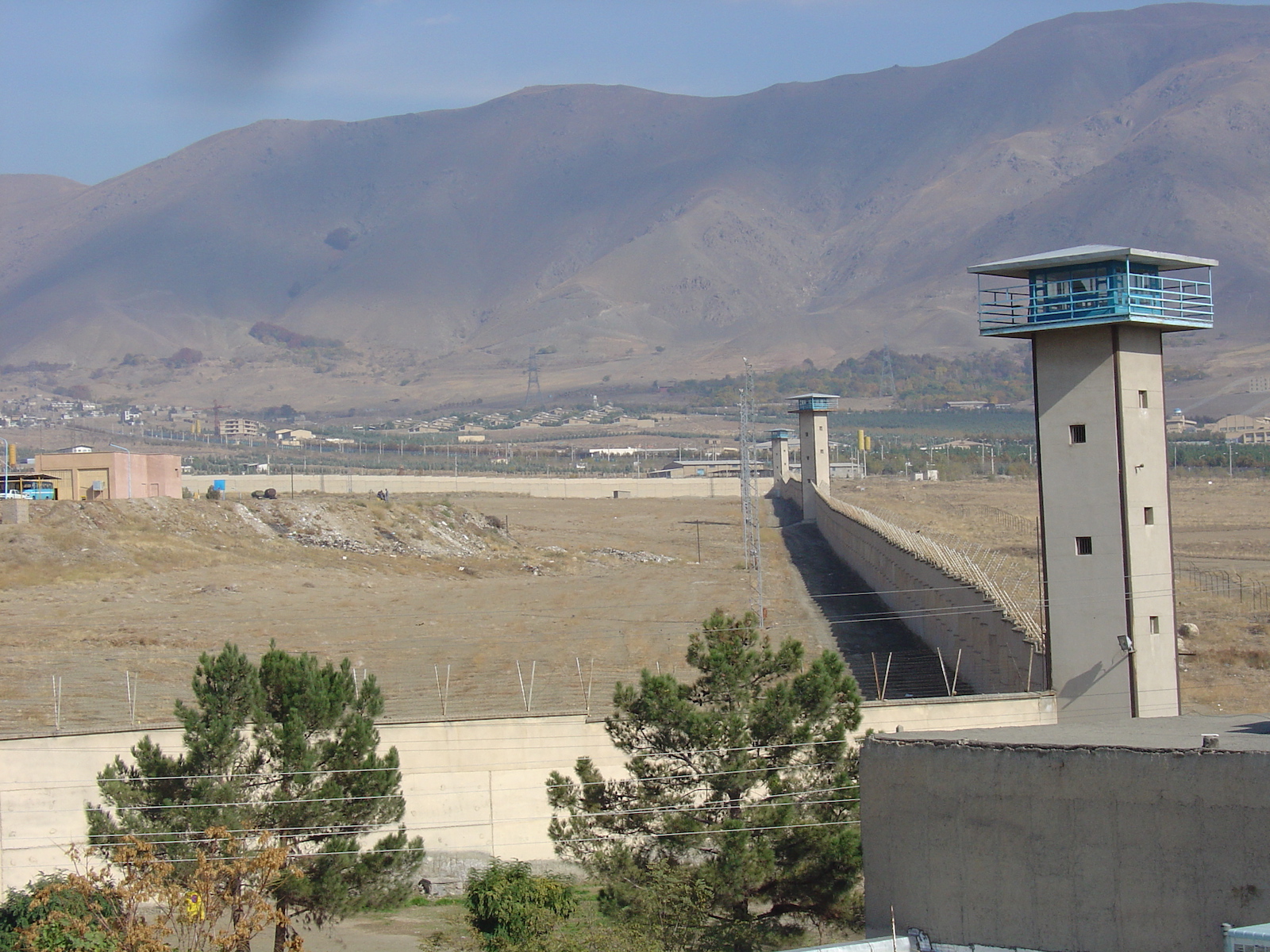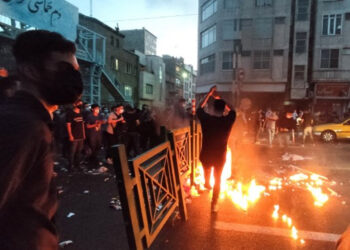At least 18 people are now on hunger strike in protest of conditions at Rajai Shahr Prison, one of the most notorious detention centers in Iran, known by activists for its squalid conditions and inadequate medical care.
Amnesty International told The Globe Post on Thursday that it is concerned people in a new section of the prison are being denied adequate medical care in reprisal for their hunger strike, which began in early August. At least seven of the prisoners are believed to be in poor health.
“The head of the prison has told the prisoners that he does not recognize or acknowledge the mass hunger strike, and therefore prison officials will not be providing any additional care, including medications,” Amnesty’s Iran researcher Nassim Papayianni said.
Amnesty is concerned the prisoners are being denied access to medications that were already prescribed prior to them prior to the hunger strike.
Rajai Shahr Prison, officially called Gohardasht, is located on the edge of Karaj in northern Iran, about 50 km west of the capital Tehran. The prison is often filled with activists, members of Iran’s minority Sunni, Baha’i and Kurdish communities, dissidents and journalists. Student activist Majid Tavakoli was held there in 2010; Reza Shahabi, imprisoned former treasurer of the Tehran bus union, reportedly joined the hunger strike on August 16.
Numerous reports of torture, sexual abuse, unlawful executions and other violations have flowed from Rajai Shahr for years. In 2015, prison guards reportedly gouged out the eye of a man accused of an acid attack.
On July 30, about 53 prisoners were transferred to Section 12 from Section 10, the wing typically used to hold political prisoners. Prisoners in the new section include activists, journalists, students, trade unionists and Baha’is. Amnesty said that prison authorities refused to allow people to bring their own food, instead providing them with rancid and rotting food.
Despite the smell of rancid food spreading through their quarters, the prisoners are only allowed outside for fresh air for up to two hours a day and are forced to walk down (and then back up) 60 steps to reach the outside. Some of the prisoners are too ill to make the trip, and are unable to go outside, Amnesty said.
In an email to The Globe Post, Amnesty highlighted other concerns with the prison conditions, including windows blocked with metal sheetings that render cells nearly airtight, prisoners being forced to sleep on the floor, and inadequate access to clean drinking water.
On Thursday, Asma Jahangir, the U.N. Special Rapporteur on the human rights situation in Iran, said she was concerned about the conditions in Rajai Shahr. “I am deeply alarmed by reports about the deteriorating medical conditions of the prisoners on hunger strike, and that their torture and ill-treatment have continued since their transfer,” Ms. Jahangir said in a statement.
Prisoners in Rajai Shahr have complained for months of headaches and nausea due to the poor ventilation, according to the Human Rights Activists News Agency in Iran.
The prison is also said to be many times over capacity.
On August 23, Tehran Prosecutor General Abbas Jafari Dolat Abadi said authorities will not be influenced by the hunger strikes: “We declare to prisoners who resort to hunger strikes and other threats that such actions are bound to fail and the judiciary does not capitulate to them.”























